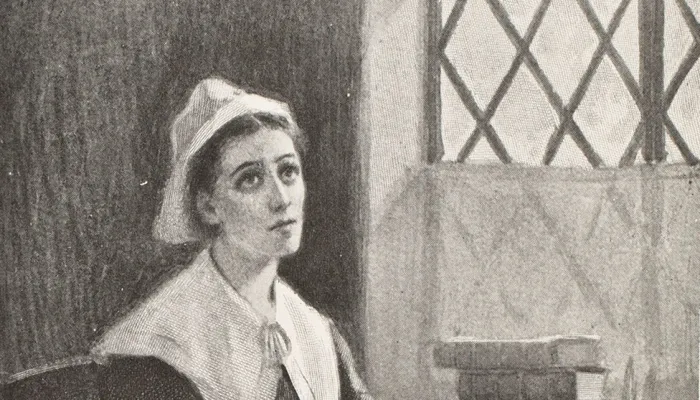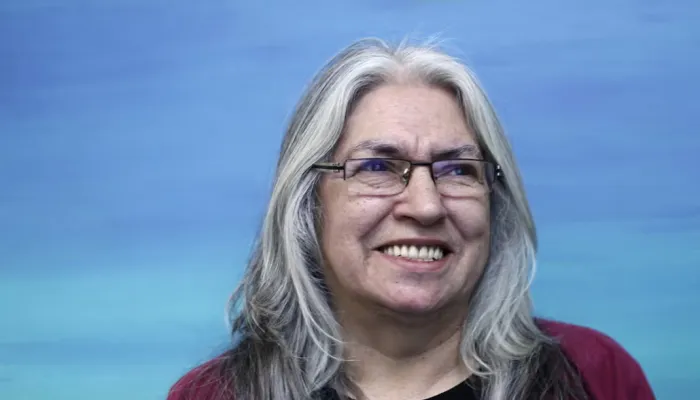Brandon Wint
Biography
Brandon Wint is a poet, spoken word artist and teacher who is devoted to the articulation of the beauty within the human condition. His intricately-rendered performance pieces present a passionate, sincere and whimsical version of humanity. His writing, performance, and pedagogical approach all affirm, in their different ways, that there is beauty to be found in the struggle, and solace to be found in sincerity-of-spirit. He is an artist who uses poetry to harness empathy within himself, and have each of his words, deeds, creations and performances reflect that empathy unambiguously. He is a two-time national champion slam poet, a nationally published writer, as well as an arts-educator and a curator of artistic events. His favourite poets are Dionne Brand, Ross Gay, and Aracelis Girmay.
Micro-interview
I did not read much poetry when I was in high school; rather, I accessed and harnessed poetics through my love of hip-hop music, and through YouTube videos. In particular, my awareness of spoken word poetry developed through watching YouTube videos of Def Poetry Jam, which was an HBO show that highlighted the work of spoken word artists in the United States. My deep love of reading poetry arose during my first and second year of university (Carleton University), where I became enamoured with the sublime, nature-based poetics of William Wordsworth, and later, the seering, intricate, political poetry of Dionne Brand, who is my favourite poet of all time. Dionne Brand has won many awards and published many books in Canada, though she is originally from Trinidad and Tobago. As the son of two Caribbean immigrants, Dionne Brand's poetic sensibility and musicality was familiar to me on an intuitive level. In her early work, I could hear the music of the ocean, I could feel the raw heat of the modest neighbourhoods she described in books like No Land To Light On, and Map to the Door of No Return. It was Dionne Brand's work that made me fall in love with reading poetry as a late teen. Her poetry showed me that there was room for me, my stories, my perspective, my lineage, in the world of literature.
I have memories of writing poetry as early as age 12, or perhaps a bit sooner. I have been identifying as a poet for at least that long. In high school, I would write poems quite often. The poems were usually rhyming poems, inspired by the urgency and aesthetics of the hip-hop music I was listening to. I often say that writing and speaking were the first two gifts anyone ever told me I had. As a younger person, I was always aware of moving through the world as someone with the power to write and speak — I cannot remember a time in my life when these tools were not of solace and comfort to me.
When I began my career as a spoken word artist in 2008, I was able to find faith and confidence in my presence on stage because my family and my early educators had always affirmed the poet in me. I owe my career, in part, to those who instilled confidence in me, and told me that my love for writing could serve me well, intellectually and spiritually.
As far as I presently understand it, I think a poet's job is to communicate truth with such sublime nuance as to create more empathy in the world. The poet's job is to represent the emotional substance of the world in such a way as to make it unavoidable. The poet's job is to speak with such clarity and honesty and urgency as to remind the reader or listener of the range of their own emotional intelligence.
The anthology is expansive and so, so rich. I consider it a blessing even to be able to access so many wonderful poems in such an efficient way. I am particularly humbled by the diversity of sensibility represented in the anthology. With all of that said, the poem I would most like to memorize is "At The Centre" by Afua Cooper. The poem speaks to the possibility and necessity of deeply embodied joy. The poem seems to affirm the capacity of the speaker (and, by extension, the reader) to come into full, authentic, magical and sensuous power. Afua Cooper's work in this poem fills me with life force, expands my sense of possibility, and situates the human being, rightly, as one force of nature among many on this wonderous planet. The poems wields a power that makes me feel grateful to be alive, and grateful for poetry's power to so poignantly assert the part of the human condition that cannot be removed from the condition of the earth itself.


